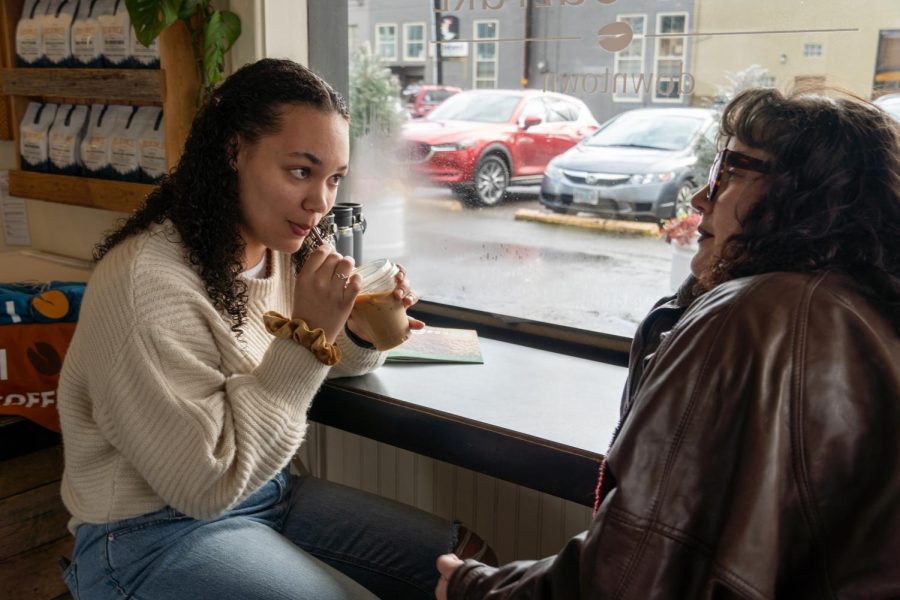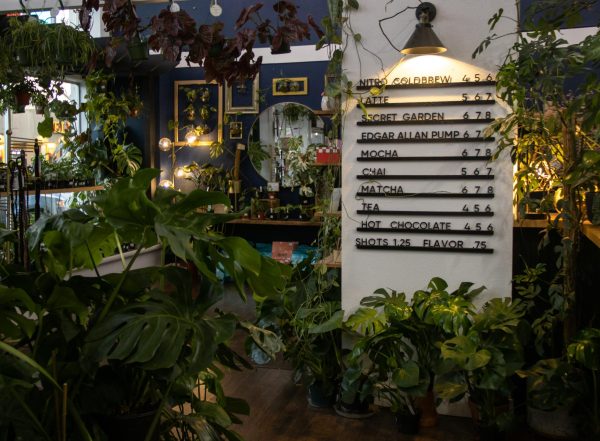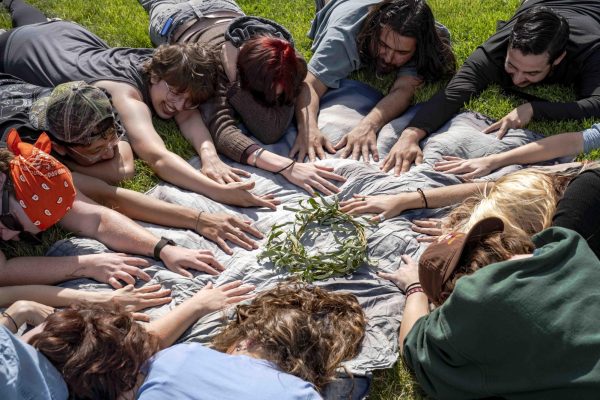Green flags in healthy relationships
Ah, if only we could find ourselves in healthy relationships as perfect as the ones in the movies. Where there’s love at first sight? Or the instant spark and where every argument seems to end with a sloppy kiss in the rain? We were told we can’t have love like that. We were told that kind of love doesn’t exist. Love will never be “perfect.”
But what were we told about healthy relationships? Is there such a thing as a relationship being “healthy”?
Sure there is. Having a healthy relationship doesn’t mean it has to be perfect 24/7 but rather, identifying green flags in a potential partner early on and learning to keep a relationship healthy as time goes on can do the trick.
Regan Gurung, director and professor of the General Psychology Program at Oregon State University says it’s likely to predict a healthy relationship if you’re prepared to commit time and energy to your partner and maintain a strong commitment in the long term. If both people are ready to commit a lot of time and energy to their partnership, these traits are seen as green flags.
Gurung explains that looking for similarities between a future partner and yourself can be key to establishing a healthy relationship with plenty of green flags. Yet, we tend to view differences in someone else at first glance because they stand out and can make this person seem more exciting to us.
“There are two major common phrases out there; ‘birds of a feather, flock together’ and ‘opposites attract,’” Gurung said. “(However,) only one of those is born out of true data. Very often when we first meet someone, we tend to be attracted to things that stand out. The reality though is the longer-term, high-quality relationships are when we find similarities.”
Gurung advises that students and the rest of the younger population should look for continual similarities in their long-term relationships as well. Even if both partners seem vastly different from each other at the start, if there is some kind of groundwork for similar traits, then that could lead to a higher chance of establishing a long-term relationship. If you and your partner share traits, chances are that your lifestyles and long-term goals will align, promoting an easy, long relationship.
You can still have an exciting relationship though, if both partners want their relationship to share the same story. Gurung explained that everyone looks for something different in a relationship and can establish what a “healthy” relationship is on their own terms.
“Keep in mind that everybody’s relationship is a different story,” Gurung said. “Some of us view a relationship as an action movie, some of us it’s a romantic movie; for some of us it’s a horror movie. But here’s the thing, if you and your partner’s story match up, things will (likely) work out.”
However, Gurung reiterates that even in a healthy relationship, there still may be some struggles. He explained that research dating back to 30 years ago, showed us there can be a ‘perfect balance’ between the positives and negatives of a relationship.
“Don’t expect to have no conflict but make sure that the good times outweigh the bad times,” he said. “There’s even a number; five to one. In marital relationship research, the big finding that’s been replicated and stands out (in the data) is that a ratio of five good to one negative (seems to be) the perfect balance. Obviously more is great, but five to one is key.”
Within relationship struggles, it’s important to separate the person from the situation at hand. Gurung explains that a lot of partners overlook this in their relationships. If someone is reacting a certain way, we should keep in mind that it’s the situation that’s causing these emotions, and not who they are as a person. He explained this as the term, “unconditional positive regard.”
“Unconditional positive regard is to love the person (unconditionally),” Gurung said. “Not unconditional for their behavior, but unconditional for who they are. Like someone may have a very dirty habit, like leaving their stuff around, but separate that behavior from the person.”
Gurung explains it’s important to talk to your partner about these dirty habits or other things that may upset you. If you have strong communication about your wants and needs in a partner, it can strengthen your relationship altogether.
Another green flag in order to upkeep a relationship is to view your partner as a part of yourself. You and your partner should make decisions together, as a team. Other green flags for a relationship are communicating face-to-face, rather than with technology, and recognizing that if you’re going through a stressful time, that doesn’t necessarily mean that your relationship is causing you stress.
Gurung iterates that not only should you separate your partner’s behaviors from their self, but also yourself from your relationship. If you aren’t happy in your life, that doesn’t always mean that your relationship is making you unhappy. It’s important to keep other factors in check for yourself as well.






